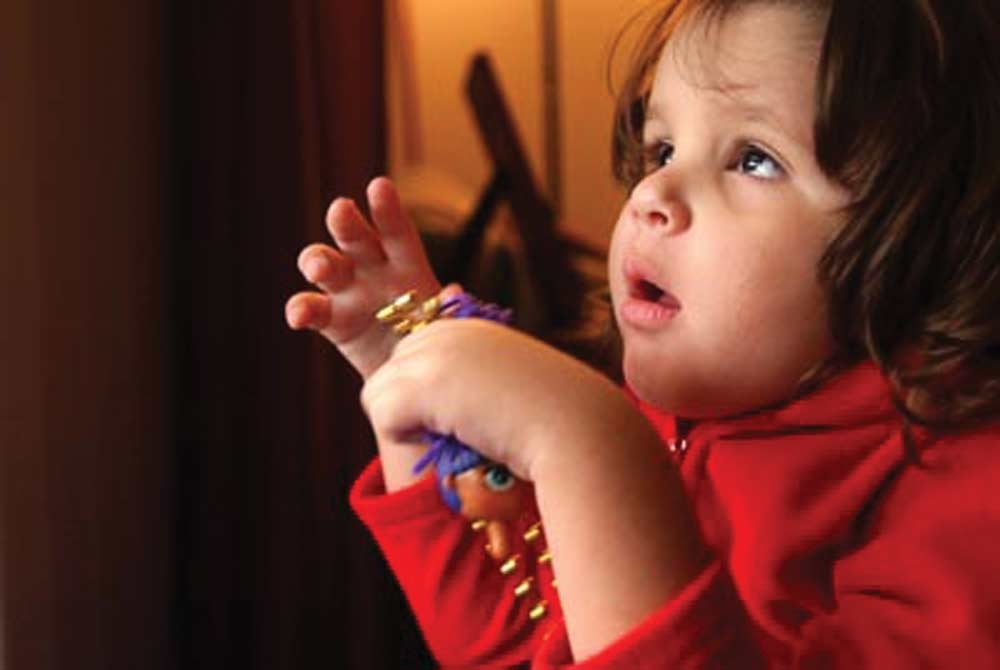
Autism is a complex disorder without one single cause. Autism manifests itself in a variety of ways and its symptoms range in severity from individual to individual. Although the symptoms vary, they encompass communication and social difficulties.
There is no one known cause of autism, but the Autism Society reports that “it is generally accepted that it is caused by abnormalities in brain structure or function.” Brain scans of children with autism show differences in the shape and structure of the brain as compared to normally developing children.
Genetics may play a role in the development of autism. No single gene has been identified as a cause of autism, but some families have a pattern of autism. Some children, it appears, are born susceptible to autism. Research is being conducted on whether some genes may interfere with brain development that results in autism, and whether problems during pregnancy or delivery may play a role.
Researchers are also studying whether environmental factors play a role in the development of autism. Metabolic imbalances, exposure to certain chemicals, and viral infections may be related to the development of autism.
Individuals who have certain medical conditions such as Fragile X syndrome, congenital rubella syndrome, untreated phenylketonuria (PKU), and tuberous sclerosis have been found to have autism more frequently, leading researchers to believe there may be a connection between these conditions and autism. also associated with an increased risk of autism are some harmful substances ingested by pregnant women.
Heavy metals such as mercury are more prevalent in our environment today than they have been in the past. Individuals who have ASD or are at risk for developing it have a decreased ability to detoxify and metabolize these toxins.
Research regarding the link between vaccines and autism, however, has not been proven by research. The Centers for Disease Control and Prevention has conducted numerous studies on the safety of vaccines and the link between thimerosol, a preservative used in vaccines. The studies have found the there is no association between autism and vaccines.
So what causes autism? There are theories worthy of further research that may help uncover causes and connections, but at this point, there is no one identified cause of this complex syndrome.